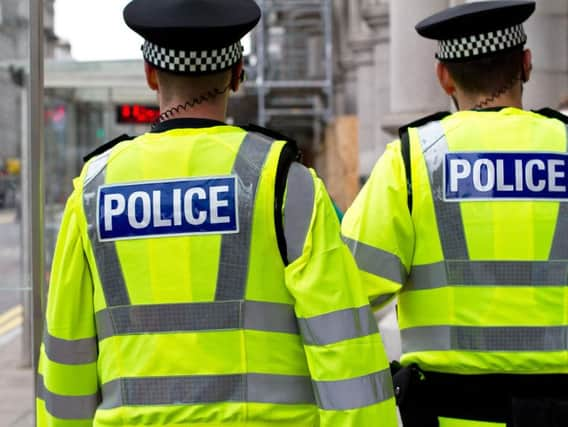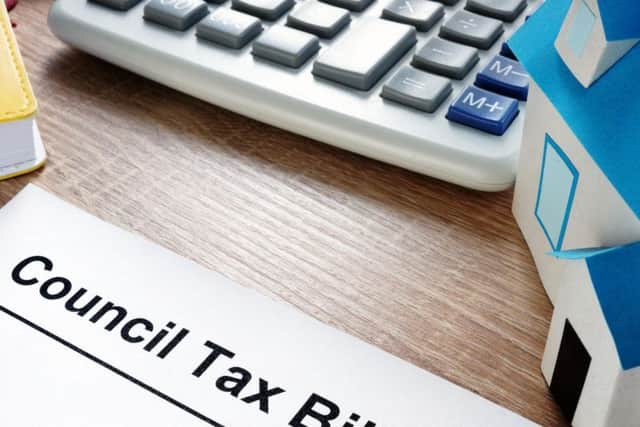The amount of tax you're paying for police is rising - here's how much and why


In particular, the amount that the taxpayer must pay for policing has risen for the coming year - by more than 10 per cent.
In what is the second highest increase in council tax in 10 years for many households, one figure, known as the ‘police precept’, has been allowed to go up more than ever.
Advertisement
Hide AdAdvertisement
Hide AdThis is the portion of your council tax that goes towards funding your local police force.


How much more will it be?
Almost everybody in a council tax band D household - the middle band - will be required to pay an extra £24 annually for their local police force. For band A it will be £16 more.
Previously, Police and Crime Commissioners were only allowed to raise this by a maximum of £12 per annum.
But last year the government raised the limit and almost every force in England and Wales has opted for the new level.
Advertisement
Hide AdAdvertisement
Hide AdThis increased cost comes as the UK is facing rising knife crime figures year on year since 2015, according to Home Office Figures.
In 2018 overall crime levels were at a 13 year high.
Where is the money going?
How police forces choose to spend the money - which will amount to £510 million across England and Wales - is up to them.
Earlier this year Home Secretary Sajid Javid said that a total of 2,800 extra officers had been suggested.
But while some forces have said that the funds will be used to put more officers on the ground, or to tackle digital crimes, others have said that it will simply plug gaps in funding.
Advertisement
Hide AdAdvertisement
Hide AdSome police forces, such as Lincolnshire, have even announced cuts, despite the additional funding from the precept.
Will it be the same for everybody?
The rises point to a significant increase in the amount that local police forces rely on funding from council tax.
In the mid-1990s 12p in every pound of police spending came from the precept. That figure had risen to 32p in every pound in 2018.
The amount that taxpayers fork out for their police force is different depending on where you live. So although the £24 rise for band D residents in England and Wales is uniform, the percentage increase may be different.
Advertisement
Hide AdAdvertisement
Hide AdFor example, in the North East, the £24 increase is equal to a rise of 16 per cent, while in London it equates to 11 per cent.
Why are councils paying?
The government has said that this funding scheme will make police forces more accountable to their local areas.
Alongside the precept, the government has promised £7.8 billion in grants, which it says is an increase of £161 million on last year.
But Rob Whiteman, CEO of the Chartered Institute of aPublic Finance and Accountancy, said, “The extent of the rises across the country are a reflection of the incredible fiscal pressure faced by local authorities and police. Without a bolder vision from government, the future of these services is increasingly being put at risk.
Advertisement
Hide AdAdvertisement
Hide Ad“Local authorities have faced the most significant cuts to spending over the last ten years, and despite the government’s announcement that austerity is ending, for local authorities this is clearly not the case. Long term they remain in an unsustainable position.”
This is because since 2010, the amount of government funding for police forces has dropped by 30 per cent. In terms of staff, this means that there are now 44,000 fewer officers, staff and community support officers than there were in 2010.
Local forces are also now required to pay an extra £330 million in police pensions previously paid by central government. This means that some taxpayers may not see the impact of their increased police precept payments.
The changes do not apply to Scotland and Northern Ireland.